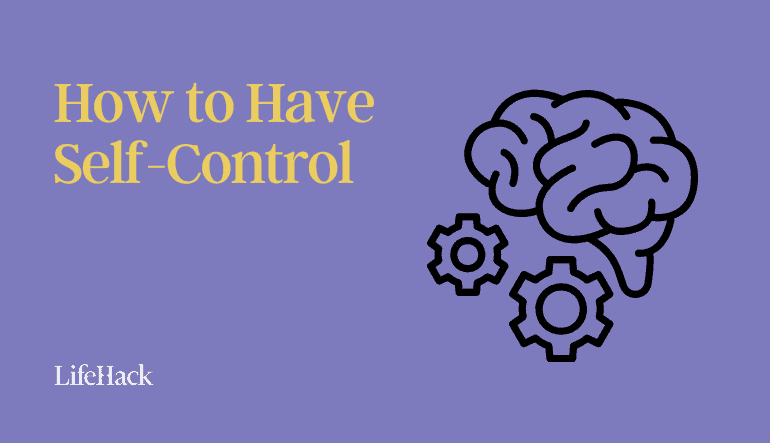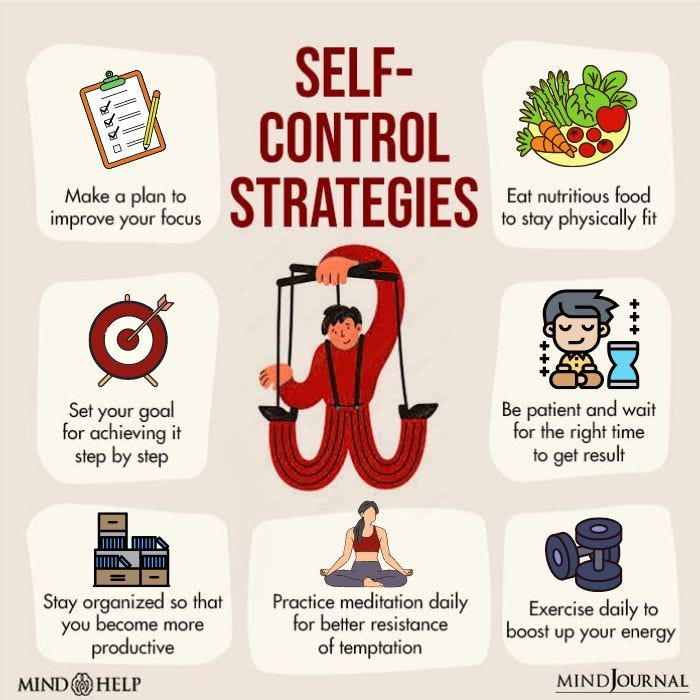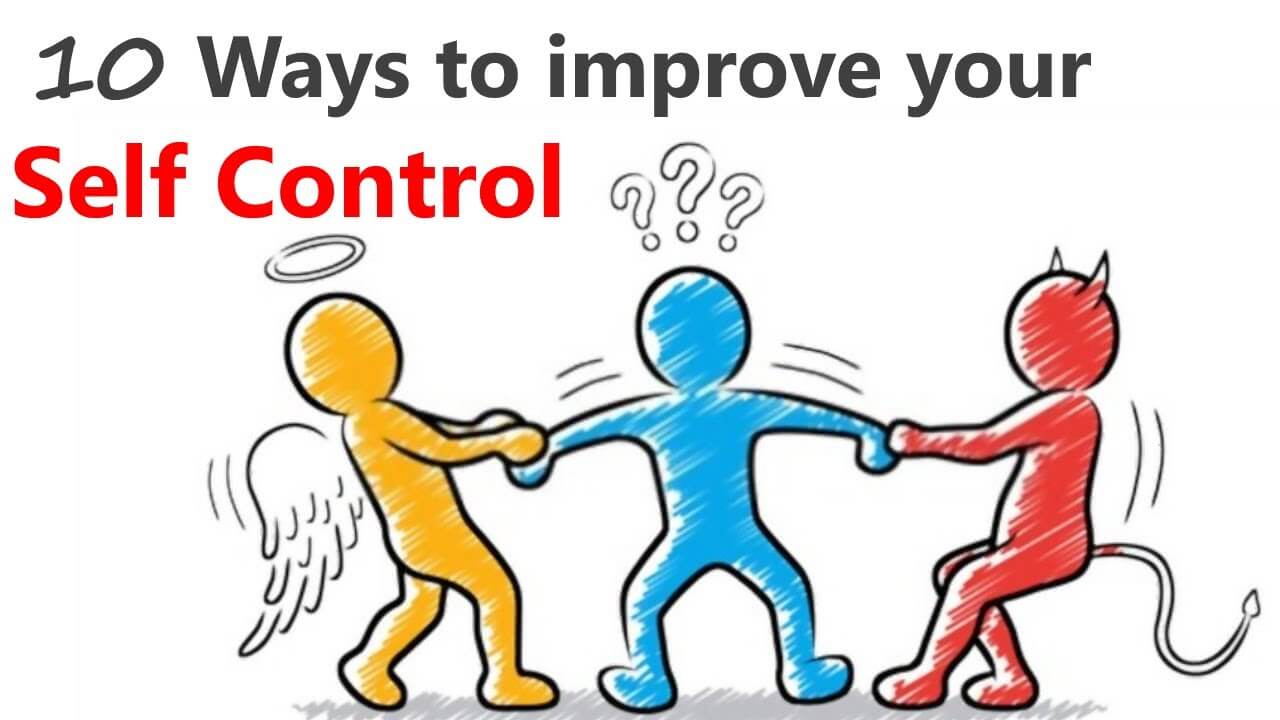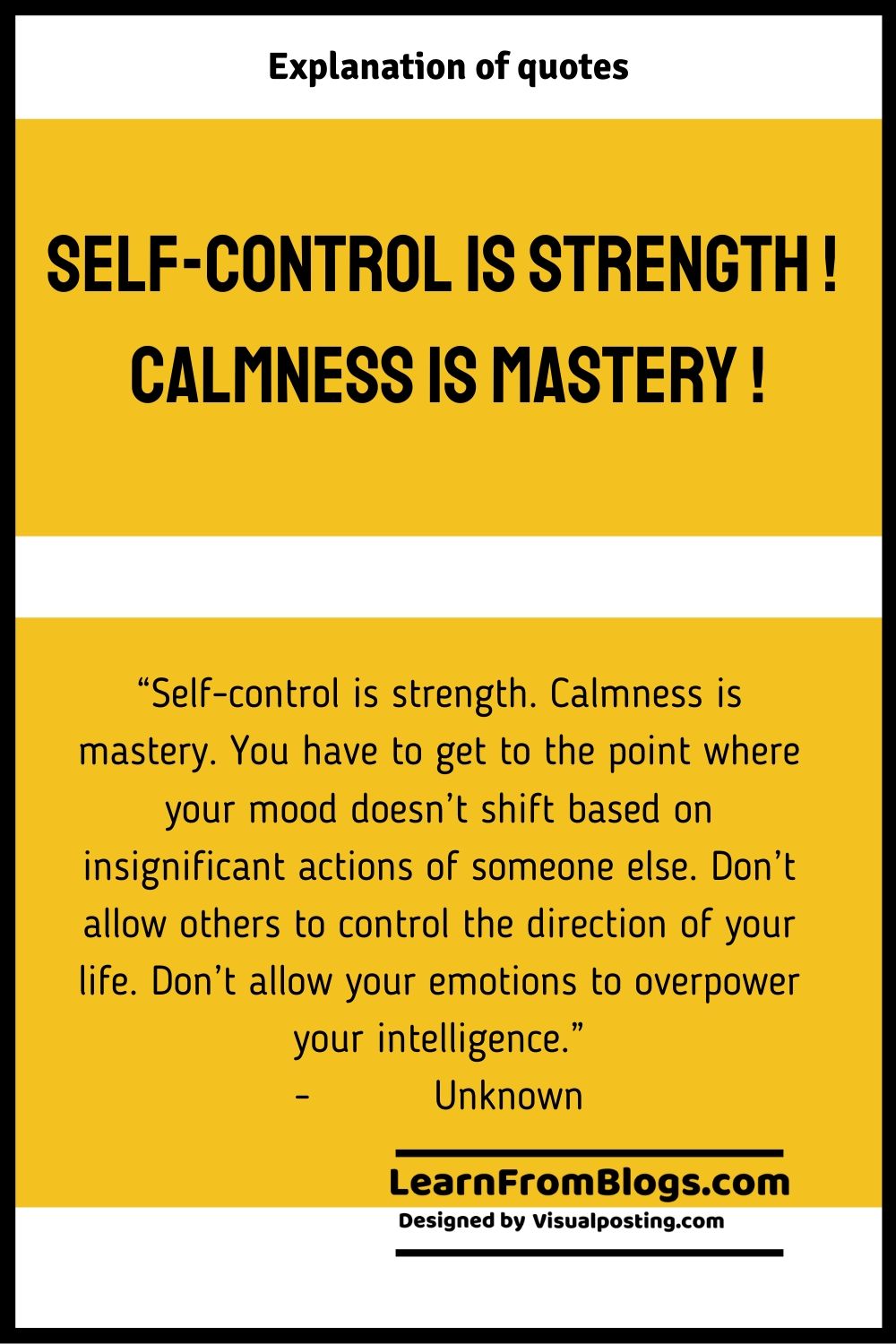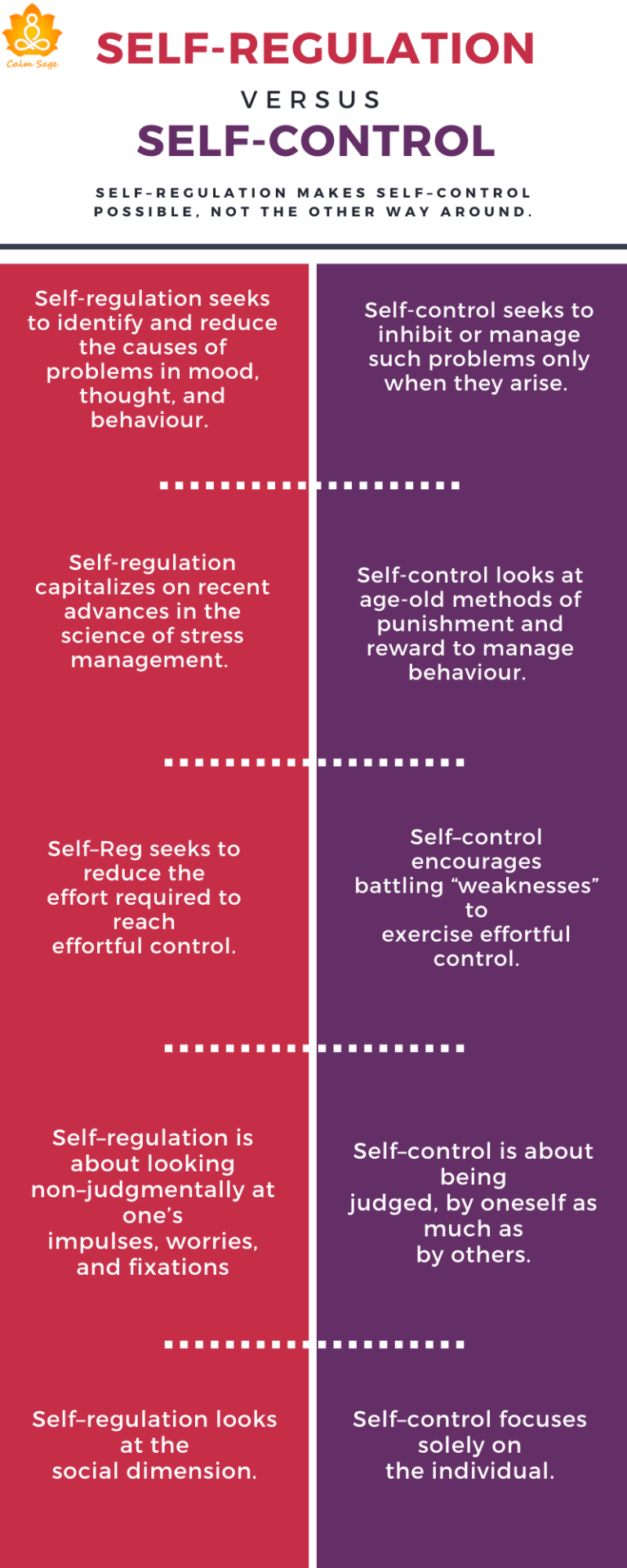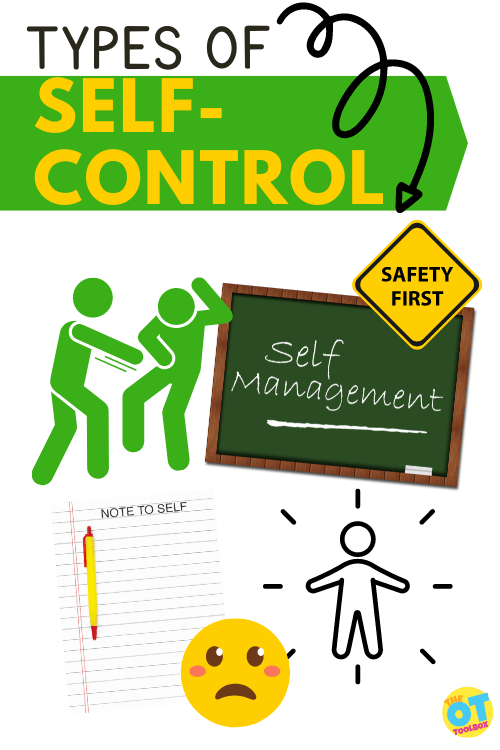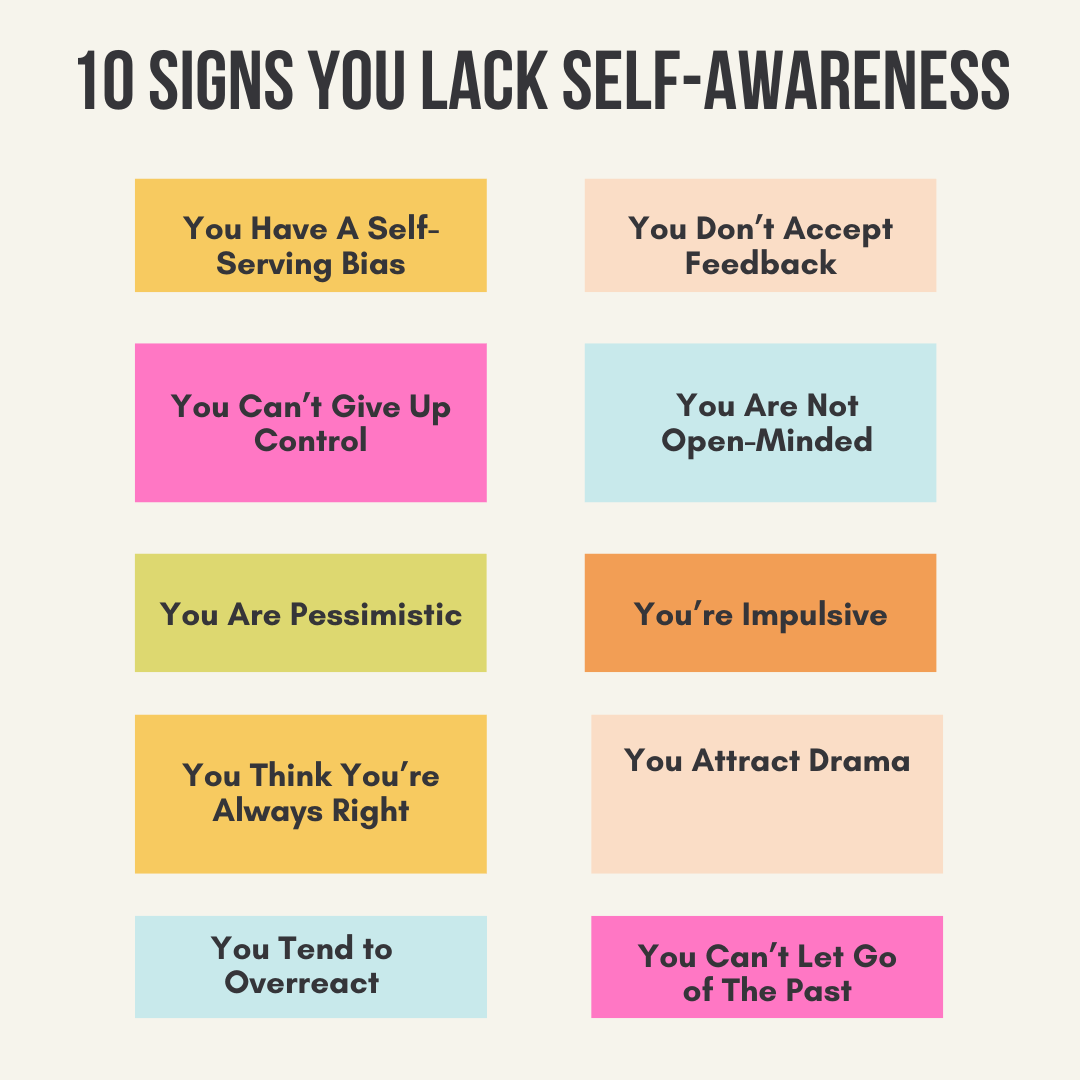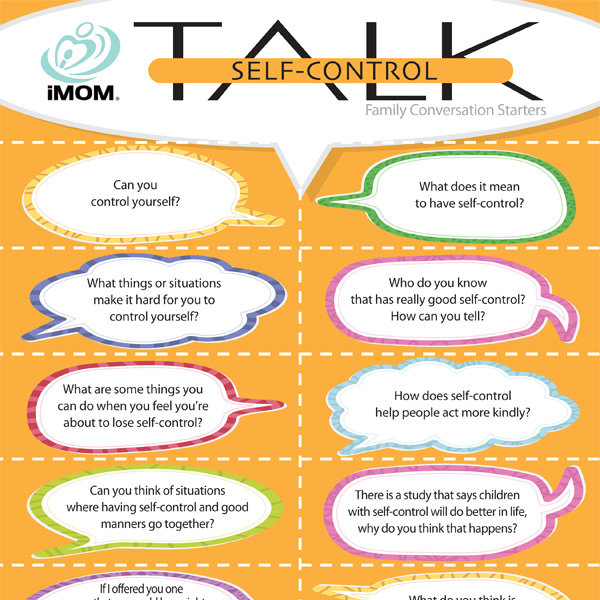What Does It Mean To Have Self Control

Imagine standing before a table laden with your favorite treats. The aroma of warm chocolate chip cookies fills the air, and the sight of a perfectly frosted cake is almost irresistible. Your mind screams, "Indulge!" But a quieter voice whispers, "Not now. Remember your goals." This internal battle is where the essence of self-control comes to life.
At its core, self-control is the ability to regulate one's emotions, thoughts, and behaviors, especially in the face of temptations and impulses. It's not about suppressing desires entirely, but rather about making conscious choices that align with long-term goals and values. Understanding and cultivating self-control is crucial for navigating life's challenges and achieving personal fulfillment.
The Science of Self-Control
Research suggests that self-control is a finite resource, often compared to a muscle that can be strengthened with practice. Studies, like those highlighted in the American Psychological Association's publications, show that acts of self-control deplete our mental energy, making it harder to resist temptations later on. This is sometimes referred to as ego depletion.
However, the good news is that this "muscle" can be trained. Consistent effort in small areas, like sticking to a morning routine or resisting a sugary drink, can gradually improve overall self-control. According to Dr. Kelly McGonigal, author of "The Willpower Instinct," understanding how your brain works and identifying your personal triggers is key to building willpower.
Beyond Willpower: A Holistic Approach
While willpower is a component, self-control is more than just gritting your teeth and bearing down. It also involves strategic planning and creating an environment that supports your goals. This might include avoiding situations that trigger impulsive behavior, setting clear boundaries, and developing healthy coping mechanisms for stress.
For instance, if you're trying to eat healthier, you might remove tempting snacks from your home and stock up on nutritious alternatives. Mindfulness practices, such as meditation, can also help increase awareness of thoughts and emotions, allowing you to respond more thoughtfully rather than react impulsively.
Dr. Roy Baumeister, a leading researcher in the field of self-control, emphasizes the importance of having clear goals and values. When you know what's truly important to you, it becomes easier to prioritize long-term rewards over immediate gratification.
Self-Control in Everyday Life
The benefits of self-control extend to various aspects of life. In academics, students with strong self-control tend to achieve higher grades and are more likely to persevere through challenging coursework. In the workplace, self-control is linked to better performance, leadership skills, and the ability to manage stress effectively.
Relationships also benefit from self-control. Being able to regulate emotions and communicate calmly can prevent arguments from escalating and foster stronger connections. Moreover, individuals with good self-control are more likely to engage in healthy habits, such as exercising regularly and maintaining a balanced diet, leading to improved physical and mental well-being.
The Broader Significance
Beyond personal benefits, self-control plays a crucial role in building a more responsible and compassionate society. Individuals who can delay gratification and consider the consequences of their actions are more likely to make ethical choices and contribute positively to their communities.
Self-control is not about perfection; it’s about progress. It’s about learning from mistakes, developing strategies for managing impulses, and continually striving to align your actions with your values. As research from institutions like the National Institutes of Health suggests, fostering self-control early in life can have lasting positive effects on individuals and society as a whole.
Ultimately, self-control is a lifelong journey of self-discovery and growth. It requires patience, self-compassion, and a commitment to becoming the best version of yourself. Embracing the challenge of self-control can unlock your potential and empower you to live a more fulfilling and meaningful life.
:max_bytes(150000):strip_icc()/psychology-of-self-control-4177125_v2-1519c48033f94be783e79f3adce2821d.png)

